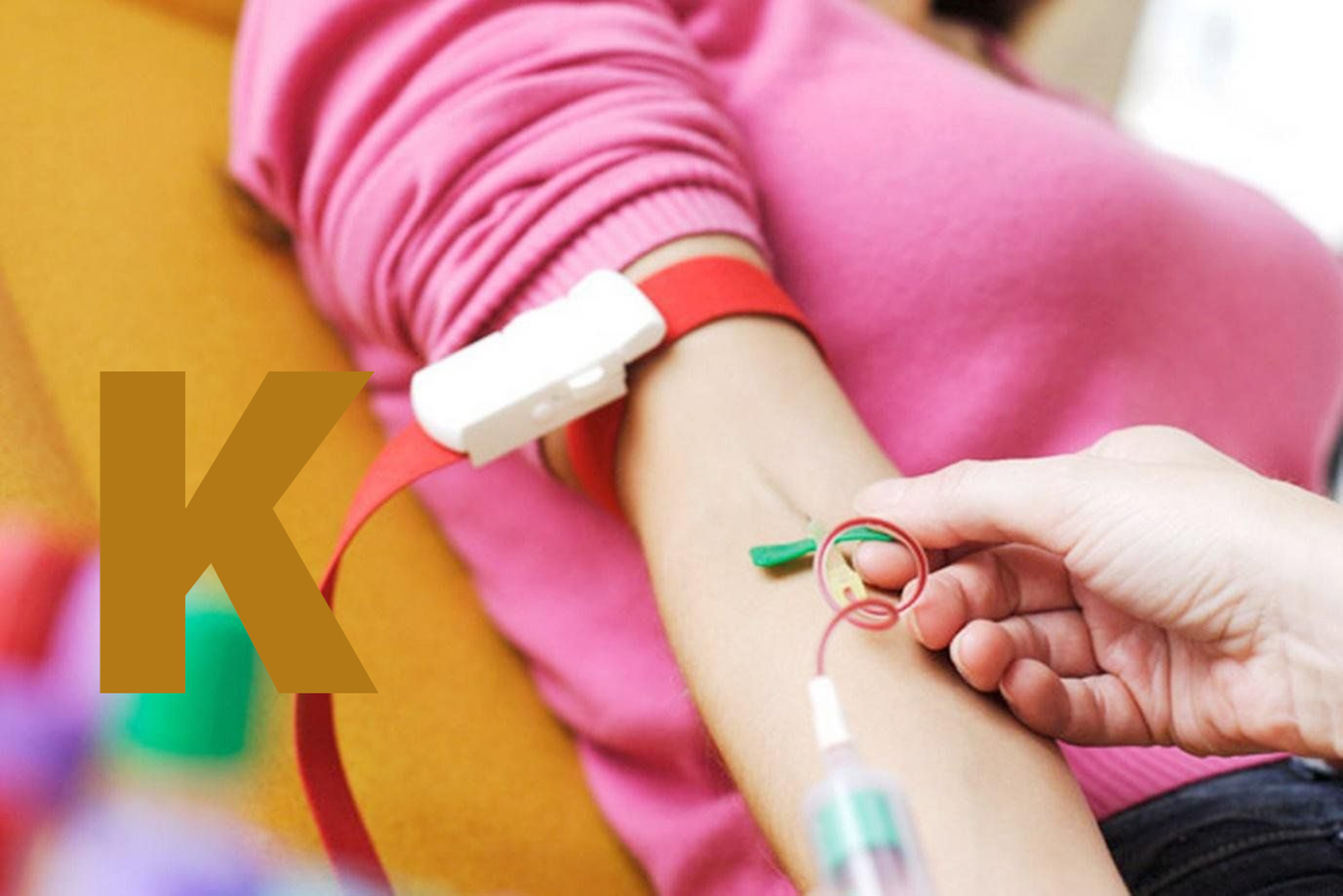Ask:
I went for a routine health check and my blood potassium level was greater than 5mmol/l. Is there anything to worry about, doctor?
Hoai Tran ( Hanoi )

Illustration photo.
Dr. Nguyen Thi Huong, Center for Nephrology, Urology and Dialysis, Bach Mai Hospital answered:
Hyperkalemia is a condition in which the potassium concentration in the blood exceeds 5 mmol/l (while the normal value is from 3.5 - 4.5 mmol/l). This is a common disorder in patients with chronic kidney failure and if not detected and treated promptly, can be life-threatening.
When blood potassium is too high, it will directly affect heart function, can cause arrhythmia and in severe cases, can lead to cardiac arrest.
Symptoms of hyperkalemia are not always obvious and can be very vague. Patients often feel tired, have a feeling of paresthesia, palpitations, numbness or muscle weakness. These symptoms are nonspecific, so an accurate diagnosis mainly depends on blood electrolyte tests.
Additionally, if hyperkalemia is suspected, the patient should undergo an electrocardiogram, because electrocardiographic changes can reflect serum potassium status, although these changes are sometimes out of proportion to serum potassium levels.
When hyperkalemia is detected, the first step is to monitor the electrocardiogram. If there are changes, the patient needs to be hospitalized immediately. Depending on the degree of hyperkalemia and the patient's condition, medical treatment can be used to lower blood potassium, and in severe cases, the patient may need emergency dialysis to control this condition.
Hyperkalemia is mainly caused by two groups of factors: One is due to too much potassium entering the body, two is due to the kidneys not being able to excrete potassium effectively, and it can also be due to potassium moving from inside the cells to outside the cells (for example, muscle destruction).
In patients with renal failure (acute or chronic), the kidneys' ability to excrete potassium is impaired, causing potassium to accumulate in the blood. Therefore, patients with chronic renal failure need to pay special attention to their diet. Potassium-rich foods such as bananas, oranges, grapefruit, dried fruits, dark green leafy vegetables, or high-energy milk can all increase potassium in the body.
In addition, some medications such as antihypertensive drugs in the group of ACE inhibitors, receptor blockers, potassium-sparing diuretics, beta-blockers, Bactrim, and even some herbal remedies can also cause hyperkalemia if not used properly.
Source: https://www.baogiaothong.vn/tang-kali-mau-nguy-hiem-the-nao-192250320233621278.htm































![[Photo] An Phu intersection project connecting Ho Chi Minh City-Long Thanh-Dau Giay expressway behind schedule](https://vstatic.vietnam.vn/vietnam/resource/IMAGE/2025/8/21/1ad80e9dd8944150bb72e6c49ecc7e08)
































![[Photo] Politburo works with the Standing Committee of Hanoi Party Committee and Ho Chi Minh City Party Committee](https://vstatic.vietnam.vn/vietnam/resource/IMAGE/2025/8/21/4f3460337a6045e7847d50d38704355d)

































Comment (0)